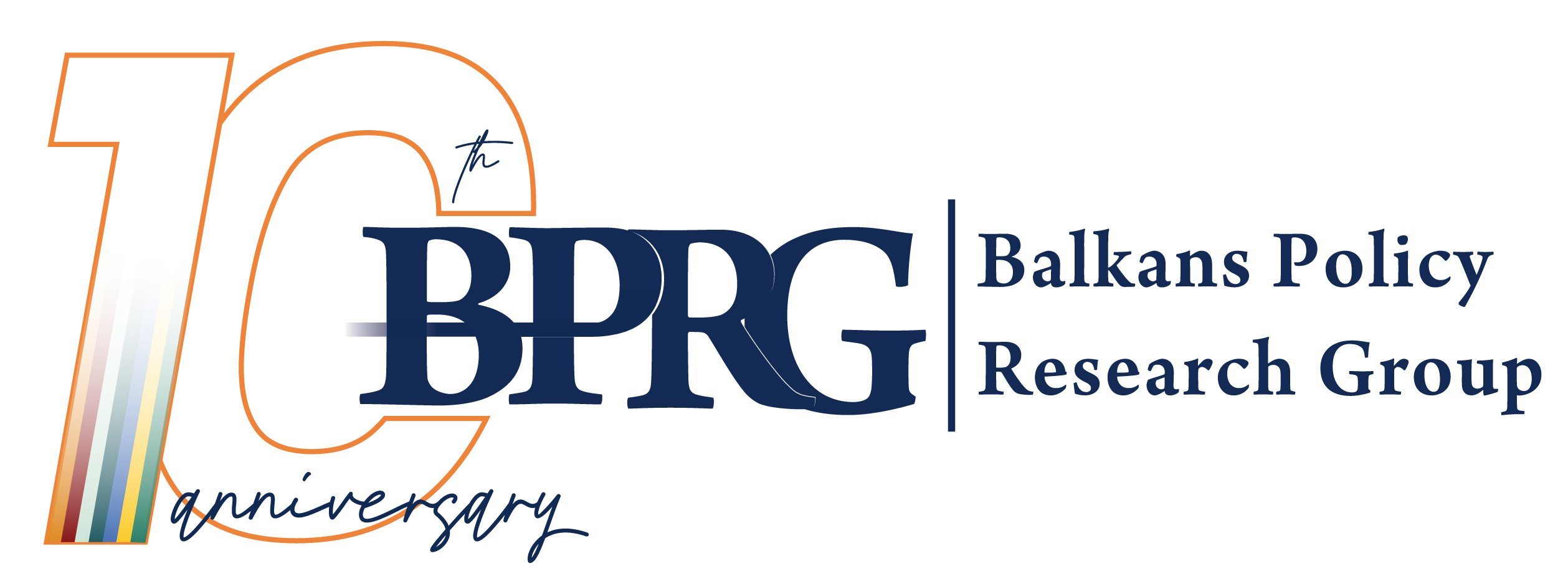Political commentators in Prishtina argue that political parties, both in the ruling coalition and in the opposition, need to redefine Kosovo’s position and platform for the process of talks with Serbia, especially after the recent ruling of the Constitutional Court which found as anti-constitutional the law on the delegation for talks with Serbia.
Naim Rashiti, director of the Balkans Policy Research Group, told the Radio Free Europe that the process of dialogue with Serbia should be in the competency of the Kosovo Government.
He said the recent ruling of the Constitutional Court should raise the government’s awareness for the agenda of talks with Serbia.
“The ruling of the Constitutional Court has brought about a new situation and the less trust there is in the process now the more difficult it will be to achieve a consensus between the government and the opposition in the process,” he added.
Shpend Ahmeti, leader of the Social Democratic Party of Kosovo (PSD) and one of the co-heads of the now-disbanded negotiating team, said a single person, be it the President or the Prime Minister, should not decide on an important issue such as dialogue with Serbia.
“We insisted that decision-making should be returned to the Assembly. Unfortunately, some other entities did not share this opinion and now we are again faced with a vacuum on how Kosovo should be represented in the process,” Ahmeti said.
Imer Mushkolaj, a political analyst, said there shouldn’t have been a negotiating team for talks with Serbia, and that the Government and the Prime Minister must lead the political dialogue with Serbia.
“Kosovo has its institutions and as ruled by the Constitutional Court they need to assume their responsibilities. Any attempt to transfer dialogue to another body, be it a negotiating team or something similar, is another evasion from dialogue and it should not happen,” Mushkolaj added.
Representatives of the Kosovo Democratic Institute (KDI) argue that the Kosovo Assembly must hold the Government accountable in the process of dialogue, through a proactive and efficient supervisory role. KDI’s Jeta Krasniqi said parliamentary committees and MPs should use all supervisory mechanisms to make sure that the process runs smoothly and to guarantee the implementation of agreements.
Source: https://www.rtklive.com/en/news-single.php?ID=14385

